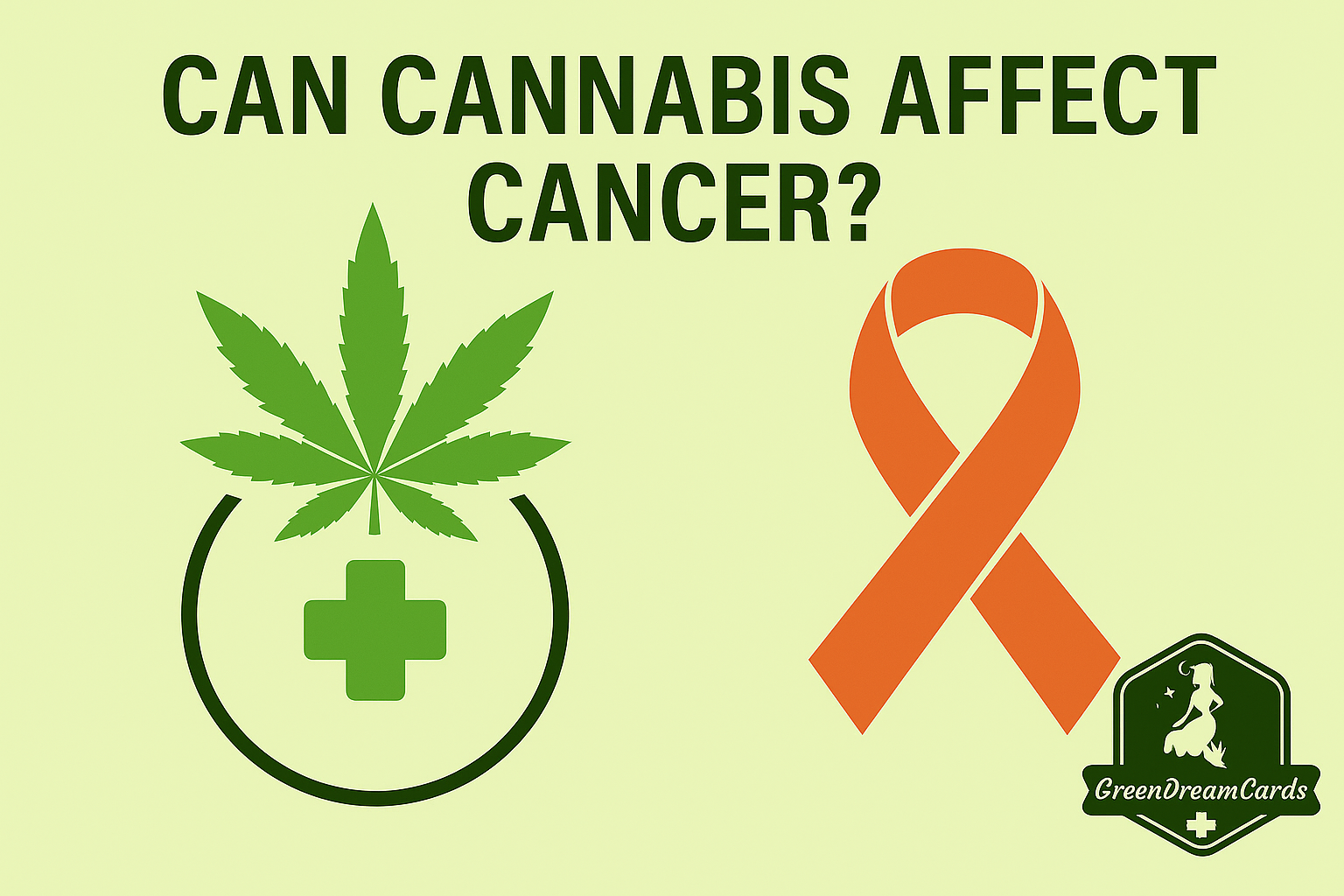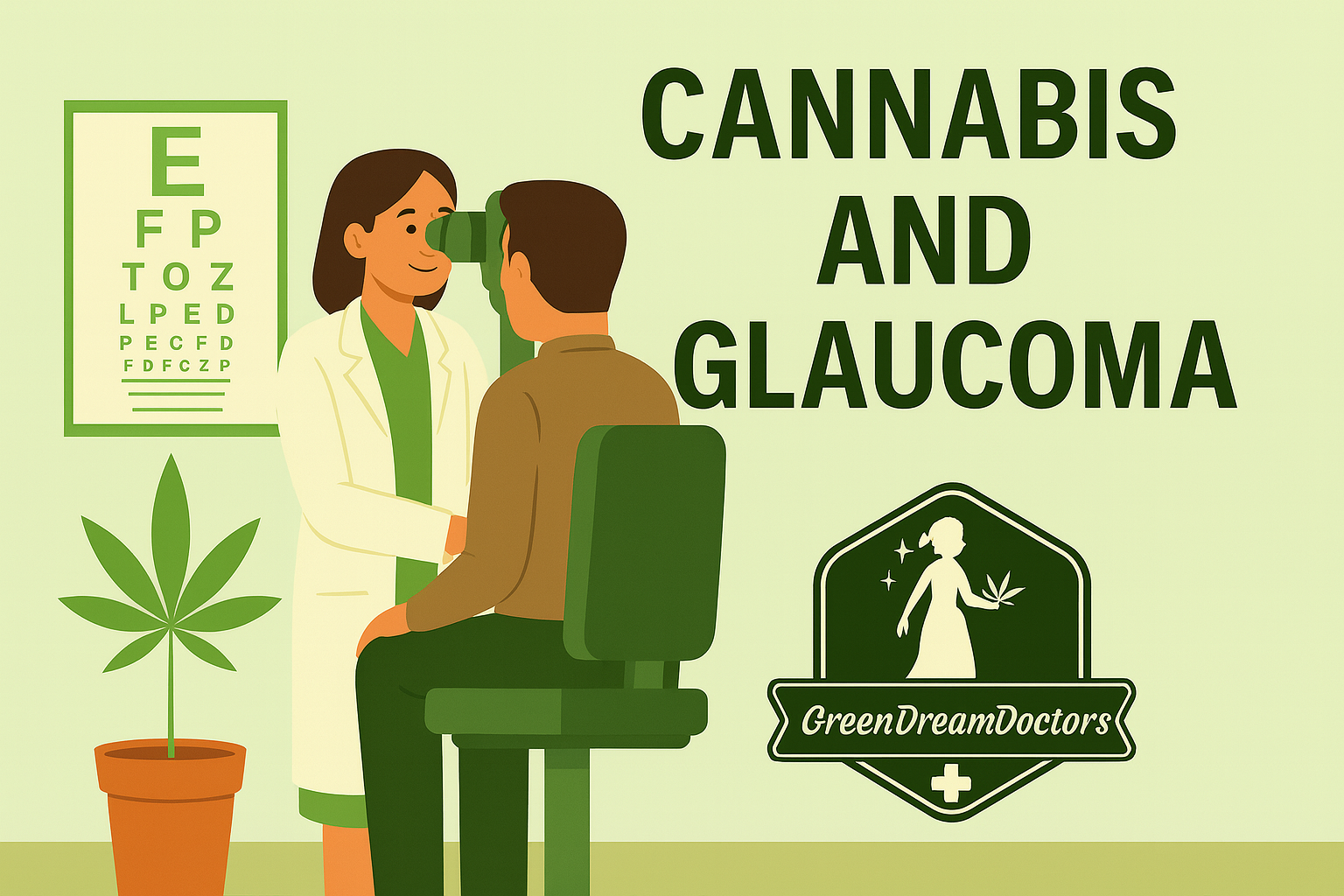A Long History of Cannabis in Medicine
Cannabis has been used for medicinal purposes for thousands of years. Ancient Chinese texts from Emperor Shen Nung (around 2800 BC) describe it as a remedy for pain and inflammation. In India, it featured in Ayurveda, and in the Middle East, it was valued as a healing herb.
By the 19th century, Western doctors prescribed cannabis tinctures for pain, spasms, and appetite stimulation. But prohibition and strict regulations in the 20th century removed it from mainstream medicine. In recent decades, however, scientific research and patient demand have revived interest—especially for cancer care.
Two Main Areas of Interest in Cancer
When it comes to cancer, researchers and doctors focus on two primary areas:
-
Symptom Relief (Supportive Care): Using cannabis to ease chemotherapy-related nausea, cancer pain, appetite loss, sleep problems, and anxiety.
-
Potential Anti-Cancer Effects: Investigating whether cannabinoids (THC, CBD, others) can slow tumor growth, induce cancer cell death, or prevent metastasis.
What Research Shows
Preclinical (Lab & Animal) Findings
-
Cannabinoids like THC and CBD can trigger cancer cell death (apoptosis) in lab studies.
-
They may also slow tumor cell growth, reduce blood vessel formation that fuels tumors (angiogenesis), and limit metastasis in animal models.
-
Some studies suggest cannabinoids could work synergistically with certain cancer drugs—while others caution they might interfere.
Human Clinical Evidence
The strongest evidence relates to symptom control, not cancer cures.
-
Nausea & Vomiting: Synthetic cannabinoids (like dronabinol, nabilone) are FDA-approved and can help when standard anti-nausea drugs aren’t enough.
-
Pain: Some studies suggest cannabinoids help cancer-related pain, though results are mixed.
-
Appetite & Cachexia: Some patients report better appetite and weight maintenance, but clinical trial results vary.
-
Mood & Sleep: Cannabis can improve sleep and reduce anxiety in some patients.
At this point, there is no conclusive human evidence that cannabis cures cancer or significantly slows tumor progression.
Safety & Risks
-
Psychoactive effects: THC may cause dizziness, confusion, or anxiety.
-
Drug interactions: Cannabis can alter how chemotherapy or immunotherapy drugs work.
-
Delivery methods: Smoking is discouraged; oils, edibles, or capsules are safer.
-
Consistency: Potency and purity vary widely between products, making standard dosing difficult.
What Leading Organizations Say
-
The National Cancer Institute (NCI) states cannabis shows promise for symptom control but is not a proven cancer treatment.
-
The American Society of Clinical Oncology (ASCO) supports research but does not recommend cannabis as a cure.
-
Recent reviews emphasize that more high-quality clinical trials are needed.
Bottom Line for Green Dream Cards
Cannabis plays a meaningful role in supportive care for cancer patients—especially for managing nausea, pain, appetite loss, and sleep issues. But it should never replace standard treatments like chemotherapy, immunotherapy, or radiation.
Green Dream Cards encourages patients to:
-
Discuss cannabis use with their oncologist to avoid risks and interactions.
-
Choose regulated medical products for safety and consistency.
-
Stay updated on legitimate clinical trials exploring cannabis and cancer.

